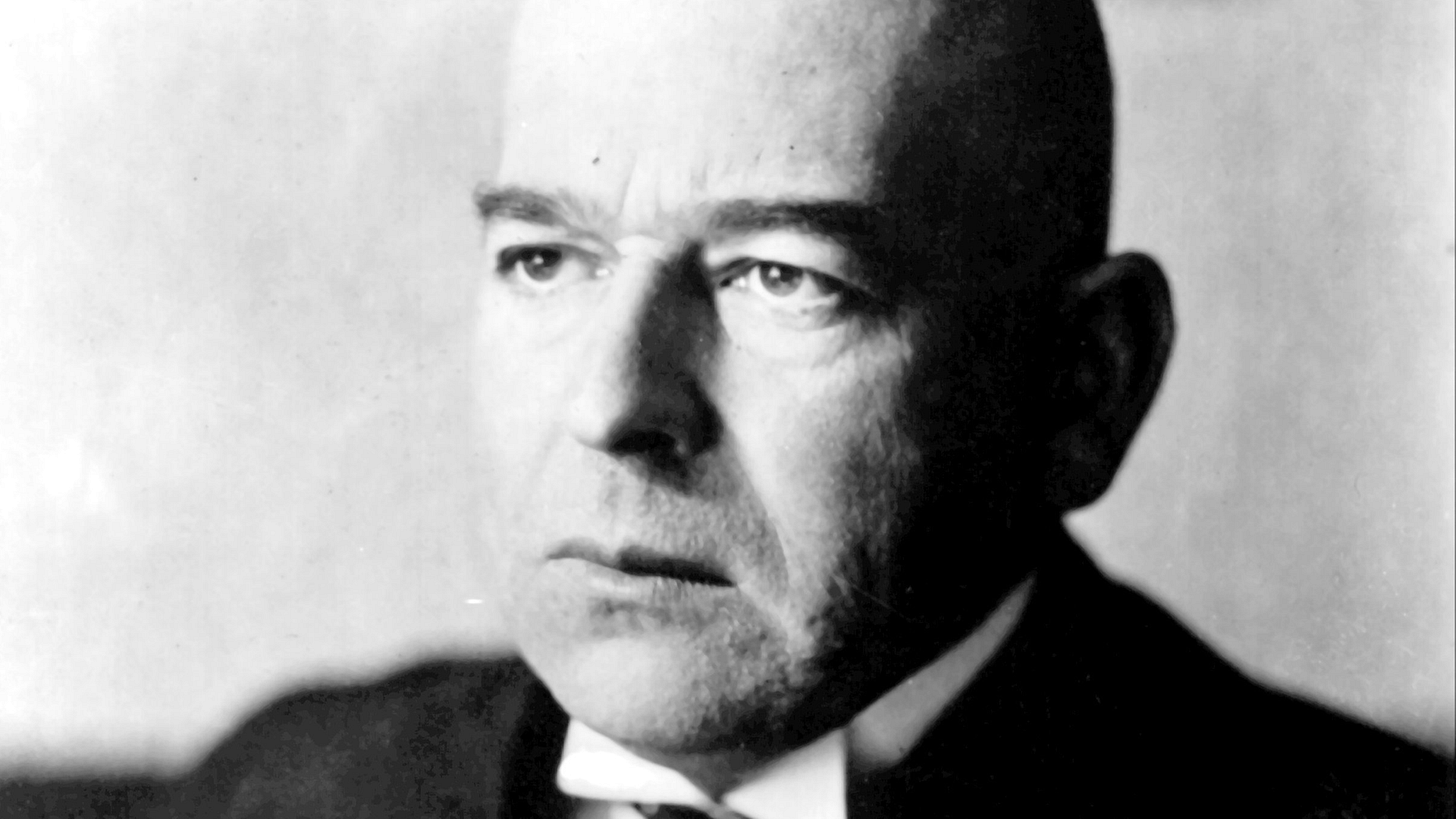Oswald Spengler: Why Civilizations Die Like Organisms | The Decline of the West Explained
Have you ever felt a creeping sense of unease about the world? A nagging feeling that something isn't quite right, that the foundations we stand on are subtly shifting? If you have, you're not alone. For over a century, thinkers and scholars have grappled with a similar unease, questioning the direction of Western civilization, its sustainability, and its ultimate fate. And at the heart of this debate lies the work of a man who dared to see history not as a story of endless progress, but as a cycle of life, death, and rebirth: Oswald Spengler.
The Organismic View of History: Civilizations as Living Beings
Spengler’s magnum opus, "The Decline of the West," is a dense and often challenging read, but its core argument is surprisingly simple: Civilizations are like organisms. They are born, they grow, they flourish, and then they decay and die. He didn’t see history as a straight line of progress, but as a series of self-contained cycles, each civilization following a predetermined trajectory. This contrasts sharply with the prevailing Western view of historical progress, the idea that each generation builds upon the last, moving ever forward.
What if this isn't the case? What if, as Spengler argues, we're all caught within the final stages of a civilization's life cycle?
Culture vs. Civilization: The Fatal Transition
Spengler’s central thesis hinges on the distinction between “Culture” and “Civilization.” For Spengler, a Culture is a vibrant, creative, and spiritually rich phase. It's the period of artistic flourishing, deep philosophical inquiry, and a cohesive sense of identity. Think of ancient Greece at its peak, or the Renaissance in Europe. But inevitably, according to Spengler, a Culture matures and begins its inevitable slide into Civilization.
Civilization, in Spengler's view, is the fossilized remains of a once-living Culture. It's a period of rigid structures, material excess, and a loss of the original creative impulse. Instead of genuine artistic expression, we get imitation and repetition. Instead of profound philosophical insights, we get technical analyses and rote learning. The spirit has fled, leaving behind a hollow shell.
“Civilizations are the most external and artificial states of which a species of developed humanity is capable.” – Oswald Spengler
Symptoms of Decline: What Does a Dying Civilization Look Like?
So, what are the telltale signs that a civilization is on its way out? Spengler identified several key symptoms. Consider these, and ask yourself whether they resonate with the world you see today:
The Rise of Mass Society: Homogenization, standardization, and a loss of individual uniqueness.
The Dominance of Money and Urbanism: A focus on material wealth and the impersonal anonymity of sprawling cities.
The Waning of Creativity: The decline of genuine artistic and intellectual innovation.
The Shift Towards Empire and External Power: A preoccupation with military strength and territorial expansion.
Are we witnessing these very phenomena in the 21st century? The rise of globalized consumer culture? The ever-increasing power of financial institutions? The apparent decline in the quality of art and thought? The relentless pursuit of global power by nations? The question is unsettling, but it's one that Spengler forces us to confront.
The Modern West Through Spengler’s Lens
Spengler believed that the West, at the time he was writing, had already entered its "Civilization" phase. He viewed World War I as a pivotal moment, a symptom of the underlying decay, not just a singular event. The subsequent rise of mass politics, technological acceleration, and the relentless pursuit of efficiency, all reinforced his bleak prognosis. He saw these as expressions of the loss of values, the decay of the spirit, and the triumph of material concerns.
Consider this quote:
“I see, beyond all the political and social questions, the great fact of the decline of the West… The world is becoming a civilization.” – Oswald Spengler
It's a powerful statement, and one that's difficult to dismiss entirely. How do his predictions hold up in the 21st century?
Hope Amidst the Decline? Reflections and Implications
Spengler's vision is undeniably pessimistic. But is it necessarily a call for despair? Or can we learn from his analysis?
One potential takeaway is a deeper understanding of historical cycles. While Spengler doesn't offer solutions, his work provides a framework for interpreting current events. Understanding these cycles might allow us to navigate the inevitable changes with more clarity and perhaps mitigate some of the negative consequences. It is possible that awareness can be a form of resistance.
For a deeper dive into Spengler's fascinating insights, check out this video, which summarizes his key ideas:
Unlock deeper insights with a 10% discount on the annual plan.
Support thoughtful analysis and join a growing community of readers committed to understanding the world through philosophy and reason.
Conclusion: Grappling with the Uncomfortable Questions
Oswald Spengler's "The Decline of the West" is a challenging and controversial book. It forces us to confront some uncomfortable truths about history and the trajectory of our own civilization. Whether or not you agree with his conclusions, engaging with his ideas can be a powerful intellectual exercise.
Spengler’s work challenges us to ask: Are we, in the West, truly masters of our destiny, or are we merely actors in a historical drama, playing out a script written long ago? And perhaps the most important question of all: What kind of world do we want to build in the face of the cycles that will inevitably occur?



